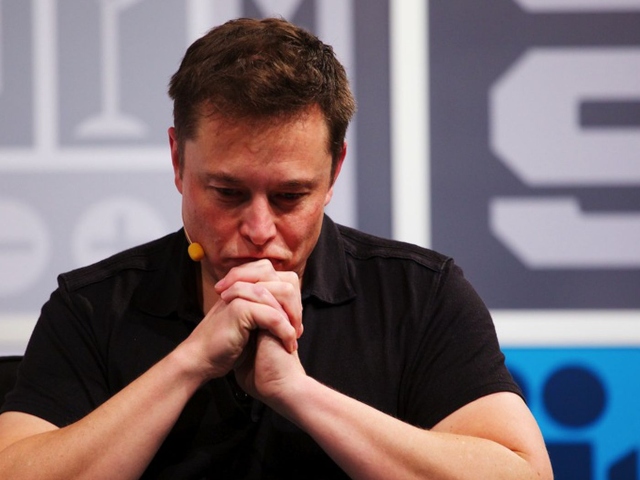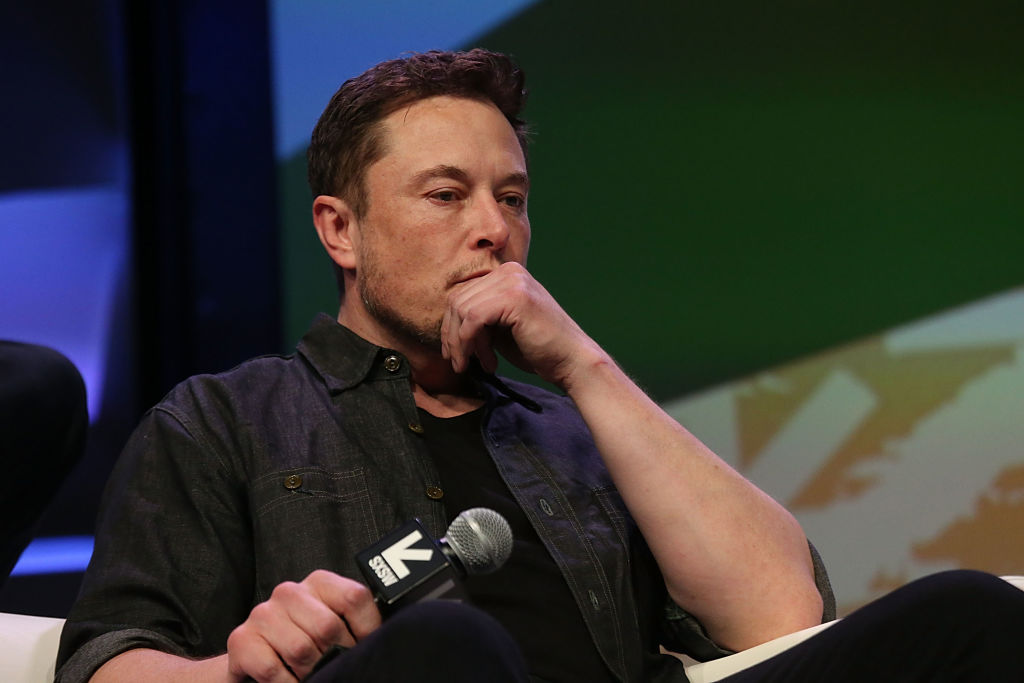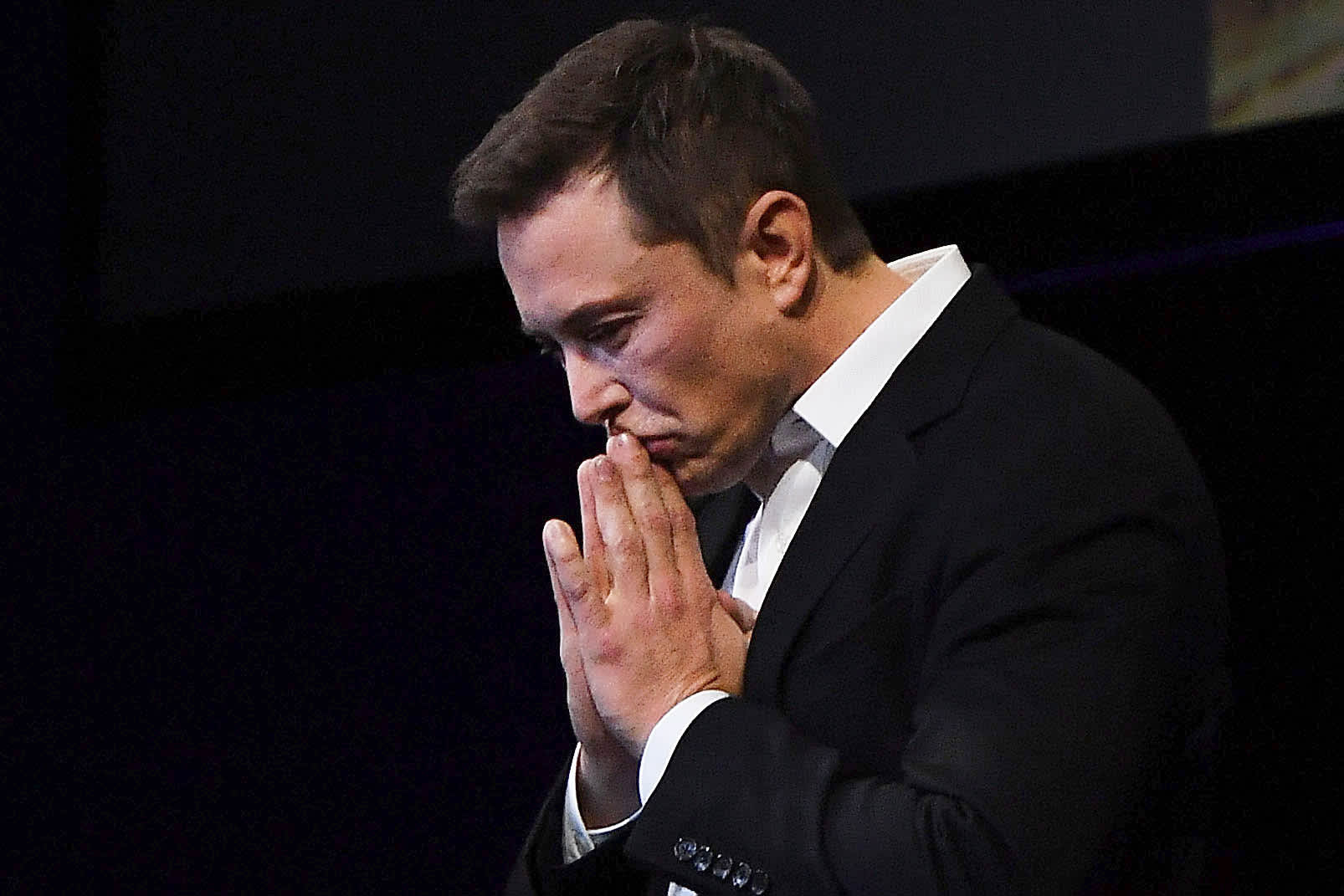Elon Musk, the Pentagon, and a Growing Conflict of Interest
Elon Musk, the world’s richest man, has built an empire spanning multiple industries, from electric vehicles to space exploration. However, his growing influence in political and military affairs is raising serious concerns about national security, business ethics, and conflicts of interest. Musk, a frequent ally of former President Donald Trump, has often used his platforms to promote controversial and conspiratorial views. Now, new reports suggest he has received classified briefings at the Pentagon, deepening concerns about his business entanglements and potential risks to U.S. national security.

Musk’s Pentagon Visit Raises Red Flags
This morning, Musk arrived at the Pentagon, where he was welcomed by Secretary of Defense Pete Hegseth. According to multiple reports, including confirmations from The Wall Street Journal, Musk was set to receive classified briefings on U.S. military strategies, including contingency plans regarding a potential conflict with China.
The initial report from The New York Times sparked immediate denials from both the Trump administration and Musk’s associates. Trump dismissed the allegations as “fake news,” while Hegseth issued contradictory statements, both downplaying the meeting’s significance and simultaneously defending Musk’s involvement. Yet, moments after these denials, The Wall Street Journal independently verified the reports, stating that Musk had indeed requested a briefing on top-secret military strategies.

The China Connection: A Major Conflict of Interest
One of the most pressing concerns surrounding Musk’s access to sensitive military information is his deep business ties to China. Tesla, his flagship company, has heavily invested in the Chinese market, with its Shanghai factory being the largest Tesla production facility in the world. In 2023 alone, this plant was responsible for nearly half of all Tesla vehicle production. China remains Tesla’s second-largest market, and sales there are vital to the company’s survival.
However, Tesla’s dominance in China is under serious threat. Homegrown competitors like BYD have rapidly gained market share, producing more affordable and technologically advanced electric vehicles. BYD recently unveiled a battery system capable of charging an EV in just five minutes, a groundbreaking development that further undercuts Tesla’s appeal. As a result, Tesla’s China shipments dropped by half in February, reaching their lowest monthly figure since mid-2022.

Given Musk’s reliance on the Chinese market, granting him access to U.S. military plans regarding a potential conflict with China presents a serious ethical dilemma. Even former President Trump, who has frequently praised Musk, admitted that the billionaire’s business interests in China make him “susceptible” to foreign influence. Yet, Trump and his administration continue to give Musk unprecedented access to the highest levels of government.
Tesla’s Struggles and Musk’s Desperation
Musk’s growing involvement in politics comes at a time when his business empire is facing significant turbulence. Tesla’s stock has plummeted by over 40% in the past two months, erasing billions from Musk’s personal fortune. The company recently announced a recall of all Cybertrucks due to faulty body panels, a revelation that exposed how few of these much-hyped vehicles had actually been sold—fewer than 50,000 units.
Meanwhile, Musk’s public image has taken a hit. His open support for far-right movements in the U.S. and abroad has triggered protests and boycotts. Tesla owners are increasingly trading in their vehicles, and top company officials have offloaded over 745,000 shares in recent months—while buying zero in return. Even a White House attempt to promote Tesla during a public event failed to boost investor confidence.
With his financial empire crumbling and political allies granting him unparalleled access to government affairs, Musk appears to be navigating an existential crisis. His visit to the Pentagon, regardless of the true nature of the discussions, underscores the dangers of allowing a billionaire with foreign business entanglements to hold influence over U.S. military strategy.
The Bigger Picture
Musk’s trajectory—from tech innovator to political power player—raises broader questions about the role of billionaires in national governance. Should someone with extensive financial interests in China have access to classified U.S. war plans? Should a businessman who openly aligns himself with far-right political figures be entrusted with sensitive military briefings?
The Trump administration’s handling of Musk’s Pentagon visit reveals a troubling pattern of blurred lines between private business, politics, and national security. The contradictory statements from Trump and his defense officials suggest they understand the controversy but are unwilling to acknowledge its full implications.
As Tesla’s future grows increasingly uncertain, Musk’s desperation may drive him to seek even deeper involvement in government affairs. Whether this will benefit the United States or serve as a risk to national security remains an open—and urgent—question.